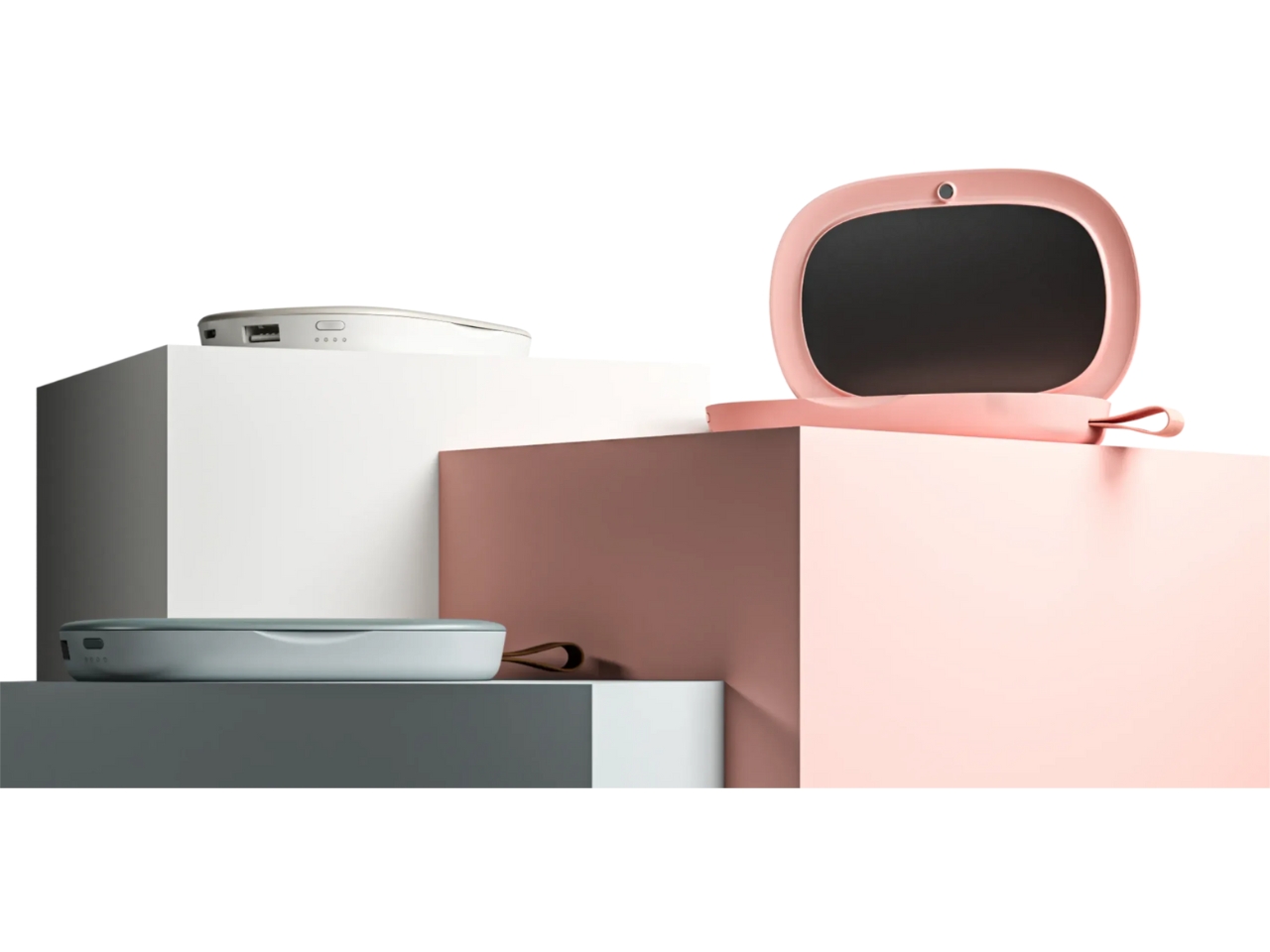I used to avoid acids in my like the plague. I thought that slathering any sort of acid— , , PHA, whatever—on my face would result in a nasty burn. Now that I’m older, wiser, and a beauty editor who has access to world-renowned skincare experts and dermatologists, I know that not all acids are created equal.
Some acids are , some acids are brighteners, and other acids are hydrators (shoutout to you ). There's even a super gentle acid for sensitive skin: hypochlorous acid. Hypochlorous acid has been gaining traction on as a refreshing post-workout spritz that kills bacteria, fights off acne, and qualms redness.
(As a serious gym rat, I’m mad that I’m hearing about it). However, this versatile ingredient is also known to address numerous skin woes, including eczema, rosacea, and even psoriasis. How does it manage to do all of this and somehow, magically, be safe for sensitive skin? To get to the bottom of it, I asked experts to give me a full rundown on hypochlorous acid: what it is, how it works, and if you need it in your skincare routine.
What is hypochlorous acid? “Hypochlorous acid is a naturally occurring ingredient in the body with antimicrobial and anti-inflammatory properties,” explains dermatologist , MD. “It is made by our immune cells—specifically white blood cells—and serves as a defense mechanism against bacteria, viruses, and fungus.” Anytime you experience a skin wound, hypochlorous acid ramps up in your body to ward off infection and initi.


















